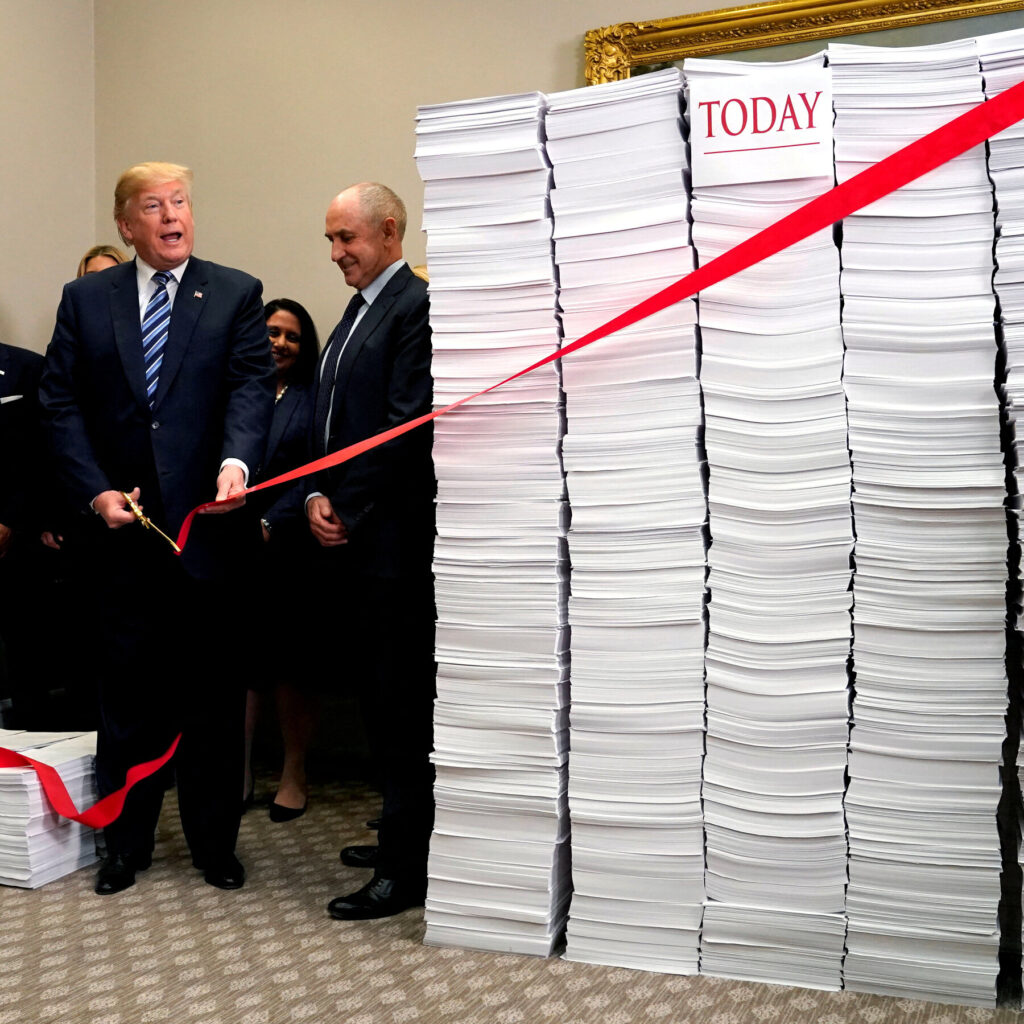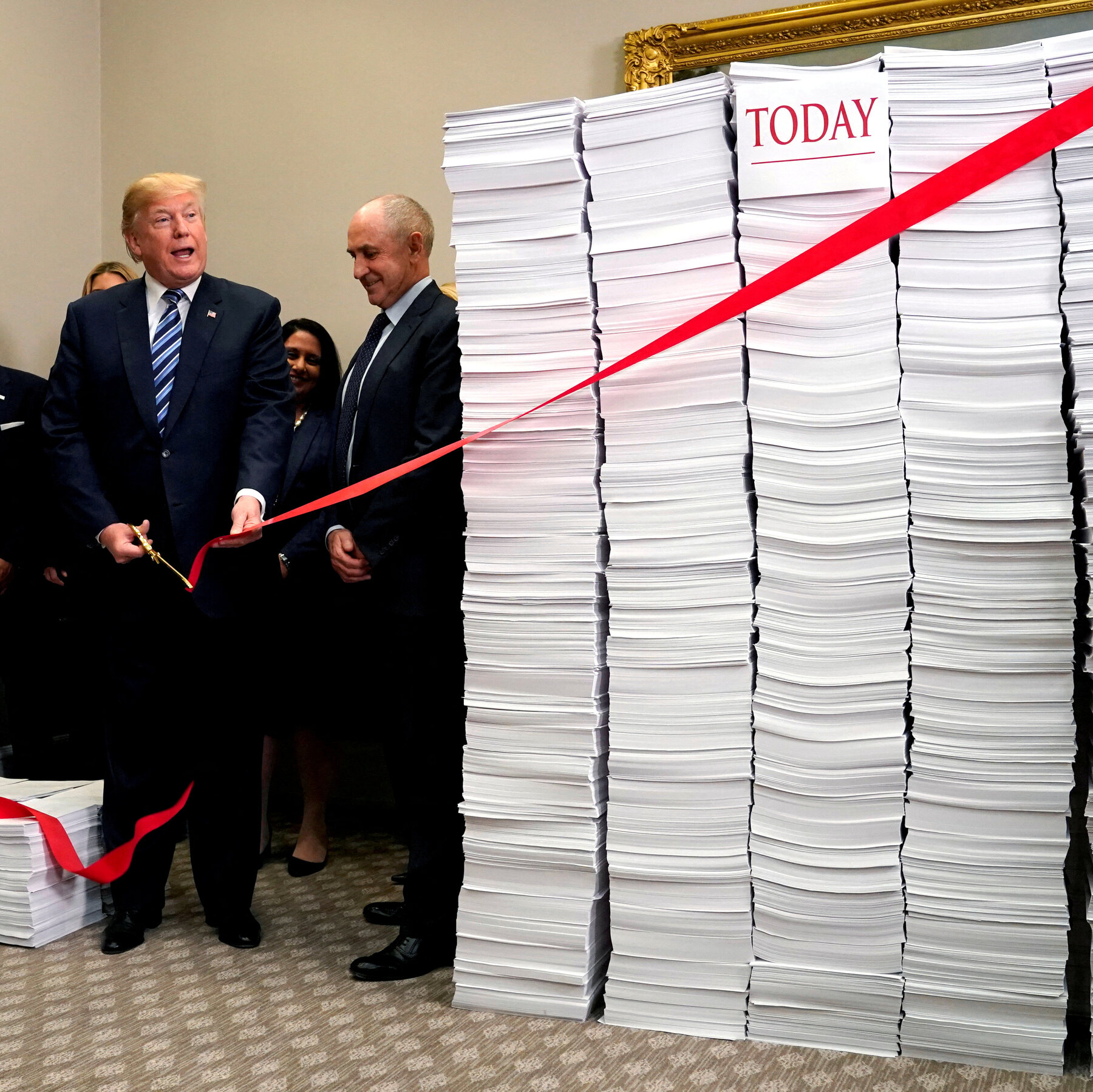How the G.O.P. Bill Saves Money: Paperwork, Paperwork, Paperwork
How the G.O.P. Bill Saves Money: Paperwork, Paperwork, Paperwork

Instead of directly reducing benefits for the poor, Republicans are making them harder to get and to keep.
Read the full article on NY Times Politics
Truth Analysis
Analysis Summary:
The article appears mostly accurate, focusing on the strategy of increasing paperwork to reduce Medicaid enrollment. The primary claim about Republicans using paperwork as a means to cut benefits is supported by Verification Source #1. However, the article exhibits a moderate bias by framing the Republican strategy negatively.
Detailed Analysis:
- Claim:** "Instead of directly reducing benefits for the poor, Republicans are making them harder to get and to keep."
- Verification Source #1: Supports this claim, stating Republicans are using a "paperwork trap" to cut Medicaid.
- Verification Source #2: Does not directly relate to Medicaid but discusses a Republican bill (SAVE Act) requiring proof of citizenship for voter registration, which could be seen as a similar strategy of increasing requirements.
- Verification Source #3: Does not relate to the claim.
- Verification Source #4: Does not relate to the claim.
- Verification Source #5: Discusses the SAVE Act and its potential to disenfranchise voters by requiring proof of citizenship, supporting the general idea of Republicans increasing requirements.
Supporting Evidence/Contradictions:
- Verification Source #1: "Republicans are facing a conundrum. They want to cut taxes with their "One Big Beautiful Bill." But the tax cuts they want will explode the budget deficit. So they need to find ways to cut spending. One way is to make it harder for people to get and keep Medicaid." This directly supports the article's claim.
- Verification Source #5: "Republicans have reintroduced the SAVE Act, a bill that could disenfranchise millions of American voters...documents proving their citizenship" This supports the idea of increased requirements leading to reduced participation, although in the context of voting rather than Medicaid.
- The other sources do not directly support or contradict the claim.

